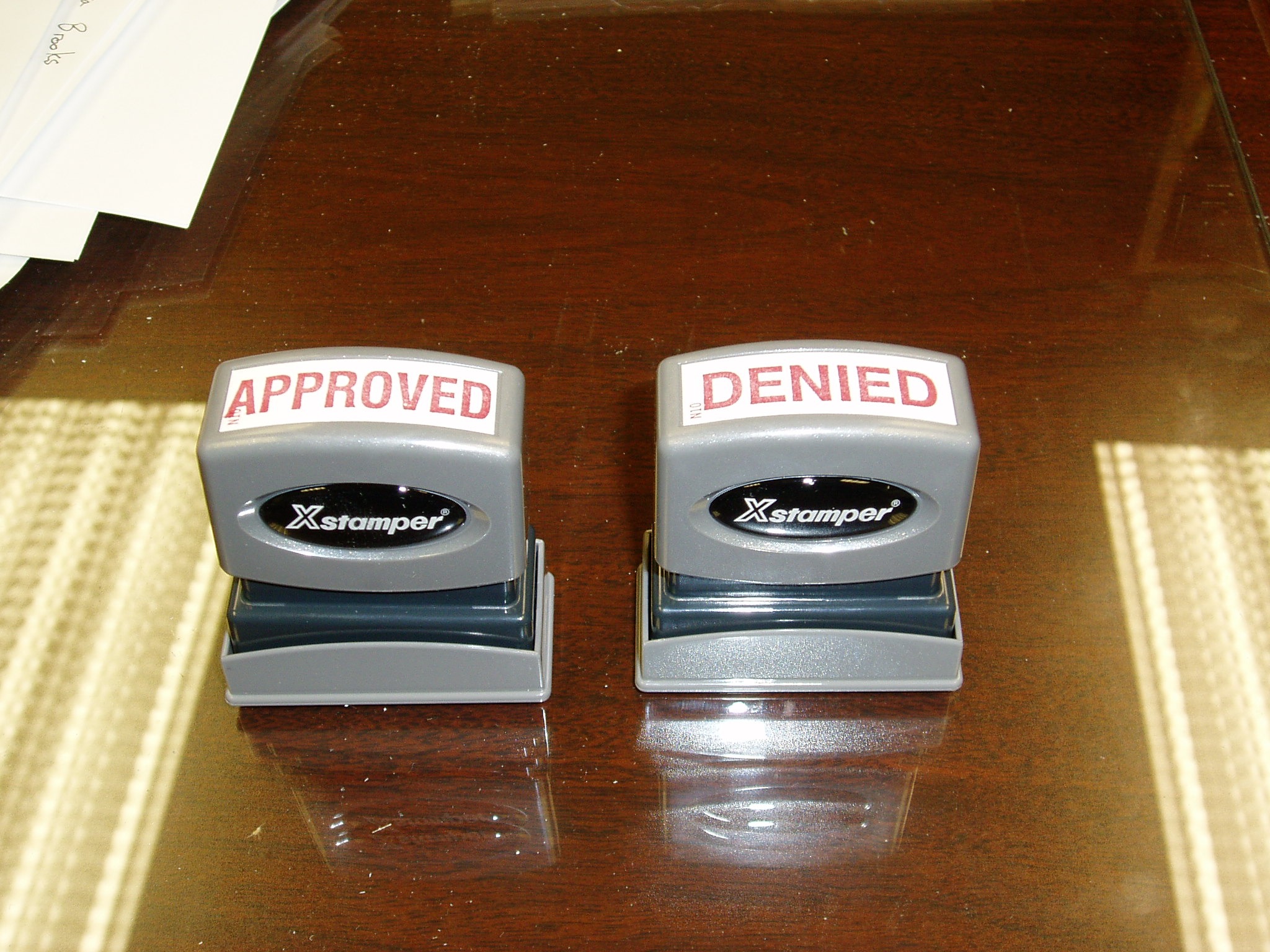Puerto Rico fiscal crisis deserves better solution
3 min read
Joel Kramer | Flikr
By WEIQI LIU
With $72 billion in debt and 45 percent of the poverty rate of Puerto Rico’s economy, Puerto Rico is struggling to solve the fiscal crisis before it runs into the substantial debt payment in May and July.
By delaying payments to suppliers and refunds to taxpayers, the government of Puerto Rico has been able to fulfill its obligations. But facing virtually no cash and its rapidly deteriorating revenues, the government will probably not have the money when a major bond payment comes due on June 30.
After a meeting with creditors on Jan. 26, Puerto Rican officials proposed a broad debt exchange program in order to relieve the island’s fiscal crisis by discounting the $72 billion debt it owes to the creditors and slowing down the payments it owes on its debt.
The proposal that the Puerto Rico government came up with is clearly unfair. The plan that the Puerto Rico government presented to creditors is to ask creditors to take a 45 percent discount on the debt as the Puerto Rico government tries to pull itself out of fiscal crisis.
Puerto Rico also placed some bondholders at a disadvantage by proposing to distribute the two classes of bonds according to the existing ranking of its creditors. The current holders of Puerto Rico’s highest priority bonds would get larger shares of the first class of new bonds. The current holders of Puerto Rico’s lesser-priority bonds would get relatively smaller amounts of the first class of bonds in the exchange.
The bondholders also face the risk of receiving no payment if Puerto Rico’s economy, which has been declining for the past 10 years, does not exceed the forecasts, and the payments will not start anytime sooner than a decade from now and could keep going for no more than 35 years.
The Puerto Rican government really needs to develop a solution that is fair and adequate. Simply looking for compromise from its creditors and deferring some debt payments or extending the repayment schedule will not solve this crisis in the long run.
Puerto Rico has repeatedly expressed that it will have to modify its debts either by delaying payments or else trying to get creditors to accept less than they are owed. Conveying the optimism that the agreement could be reached, the statement released on Jan. 26 said, “We believe the proposal we presented is fair, balanced and reflective of the commonwealth’s actual capacity to pay our creditors over the long term.”
If the Puerto Rico government could not get the majority of creditors to agree to the exchange, it has the right to withdraw the offer, but that could also lead to a difficult scenario for creditors who might be left with illiquid bonds.
“Continuation of these measures is neither sustainable nor in the interest of any stakeholder, as they will only deepen the financial gaps that the Commonwealth and its creditors will need to resolve, while at the same time placing the full burden of the crisis on the residents of Puerto Rico,” Victor Suarez, the commonwealth’s secretary of state, said in a news release.











